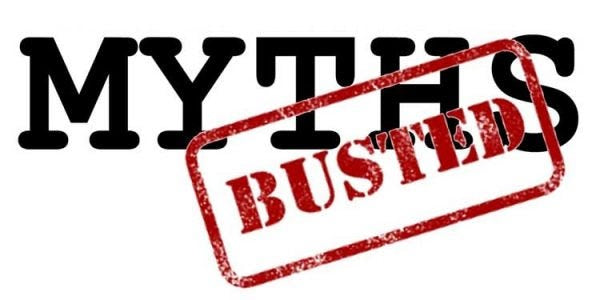
Energy Healing Myths Debunked: What Science and Spirituality Say About Reiki
Share
Reiki has been gaining popularity in wellness circles, but it still comes with its fair share of skepticism. Some people swear by its ability to promote deep relaxation and healing, while others dismiss it as nothing more than a placebo.
So, what’s the truth? Let’s separate fact from fiction and explore what both spiritual traditions and modern science have to say about Reiki.
Myth #1: Reiki Is Just ‘Faith Healing’
One of the most common misconceptions is that Reiki only works if you believe in it. While having an open mind can enhance any healing practice, Reiki doesn’t rely on faith alone. It’s based on the idea that energy flows through all living things—something recognised in various cultures as chi, prana, or life force energy.
Scientific studies have shown that Reiki can activate the parasympathetic nervous system, which is responsible for relaxation and recovery. Research from institutions like Harvard Medical School has found that Reiki sessions can lower heart rate, blood pressure and stress hormones, proving that its effects go beyond mere belief.
Myth #2: There’s No Scientific Basis for Reiki
Skeptics often claim there’s no science to back Reiki, but that’s not entirely true. While energy healing is difficult to measure using traditional Western methods, studies have found biological and neurological shifts after Reiki sessions.
For example, a study published in the Journal of Evidence-Based Complementary & Alternative Medicine found that Reiki can significantly reduce pain, anxiety and depression in patients recovering from surgery. Another study at Yale University discovered that Reiki helps regulate heart rate variability, a key marker of nervous system balance.
While we may not yet have all the tools to fully understand Reiki on a quantum level, research consistently shows that it has measurable effects on the body.
Myth #3: Reiki Can Replace Medical Treatment
Let’s be clear—Reiki is not a replacement for medical care. It’s a complementary therapy that works alongside traditional medicine, not in place of it. Many hospitals now incorporate Reiki into their patient care programs, especially in oncology, palliative care, and post-surgical recovery.
The key is integration. Reiki can help with pain management, stress relief and emotional well-being, but it’s not a cure-all. If someone tells you to stop seeing your doctor and rely solely on Reiki—run the other way.
Myth #4: Reiki Practitioners ‘Give’ You Energy
A common misconception is that Reiki practitioners “transfer” their energy to you. In reality, they act as conduits, allowing universal energy to flow through them and into the recipient. Think of it like tuning into a radio frequency—the practitioner helps you align with healing energy, but they’re not the source of it.
This is why Reiki practitioners don’t feel drained after sessions. In fact, they often report feeling more energised because they’re also benefiting from the energy flow!
Myth #5: Reiki Only Works for Certain People
Energy healing isn’t just for the spiritually inclined—it’s for anyone open to relaxation and self-care. Reiki doesn’t require you to follow a specific belief system, meditate daily, or be into crystals (though if you are, great!).
The benefits, such as reduced stress, improved sleep, and emotional balance, are available to everyone, whether you’re a skeptic or a believer.
Final Thoughts: Keeping an Open Mind
Reiki might not fit neatly into traditional medical frameworks, but that doesn’t mean it lacks value. Many holistic practices—like acupuncture, meditation and yoga—were once dismissed but are now widely recognised for their benefits. Reiki is following a similar path.
If you’re curious, why not try it for yourself? You don’t have to “believe” in Reiki for it to work—just be open to the experience. Whether through deep relaxation, emotional shifts, or subtle energy changes, you might be surprised by what you discover.
